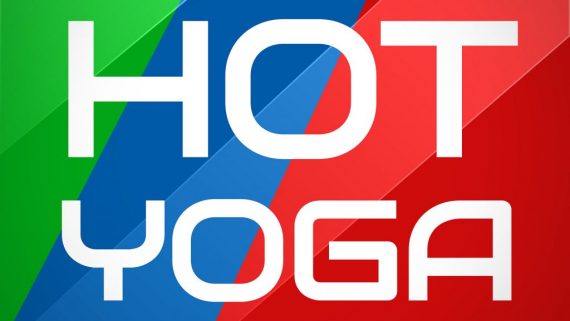Returning to Work? Coaching Can Help
Returning to Work? Coaching Can Help
By: Rebecca Brown, Freelance Translator & Avid Traveler
Returning to work after a break can be very challenging.
Even if you’re coming back to the same job in the same company, you should be aware that a number of different changes happened while you were away, meaning that you won’t be able to pick up where you left off without adjusting to new circumstances and developments.
It’s even more complex if you plan on revamping your career in a totally new direction, as such an undertaking will require you to learn the ropes and acquire some new skills.
Coaching can be of great help in these situations as it will help you get up to speed with the latest changes in the workforce market, make sure that you’re back on track, and provide you emotional and professional support throughout this process.
Know Where You Stand
It’s important to understand that your perspective on things will change during your career break.
Simply put, you won’t be the same person anymore, as being away from work, no matter what the reasons– the fact that you wanted to take some time for yourself and travel the world, or for whatever reason it will definitely leave a mark on you.
In other words, maybe the nine-to-five grind is out of the question now, although you used to love your office job and never complained about having to work overtime.
Or, you may feel insecure because your previous tenure ended up not the way you anticipated.
All this means is you need to have a clear idea of what you actually want from your new (or existing) job.
After being let go, many people tend to jump at the first opportunity that comes along out of fear that they won’t be able to find a job. And after they realize the job they hastily accepted isn’t the right fit, they start job-hopping until they find the one they’re satisfied with.
But, this practice of bouncing from position to position can ruin your reputation with prospective employers because it’s frowned upon by recruiters. Namely, 39% of them say that a history of job-hopping is one of the biggest obstacles preventing candidates from landing a job.
An experienced coach can help you find your feet, decide what you want to do, and point in you in the right direction career wise.
Boost Your Confidence
Being away from professional circles can make you feel incompetent and behind the times, not to mention some people think that a career gap might ruin their chances of finding employment.
First of all, there’s no need to be apologetic or embarrassed over this. Don’t try to avoid mentioning this gap on your resume…it will only be awkward and suspicious, and you have nothing to hide.
One of the most important things when it comes to regaining your self-confidence is refamiliarizing with your industry, niche, and the latest advancements in your field of expertise.
Start by doing research on the companies looking for new hires. Check anonymous employee reviews on Glassdoor in order to get insider information about the corporate culture and work environment in general.
Polishing your existing and learning new skills is a must if you want to give your confidence a boost, so it’s important to start attending conferences, meetups, and other industry events which will help you keep pace.
Volunteering, attending classes and webinars, and following relevant podcasts, blogs, and newsletters are the activities that will keep you in the loop regarding the latest trends from your line of work. Besides, all this will look great on your resume.
Coaching can play a critical role in this process too, as it will help you get back on the right career path by offering you support as well as valuable advice from your coach regarding the steps you need to take.
Get Ready for Your Interviews
This is a make-it-or-break-it factor when it comes to being hired.
And, the question about your career break will inevitably pop up during the interview. That’s why you need to be well-prepared to take the bull by the horns and turn the situation to your advantage.
You should tailor your narrative so it highlights this gap actually gave you more time to focus on the things that really matter to you and that it allowed you to work on yourself and understand your strengths and weaknesses.
It’s crucial to address some of the concerns that your potential employer might have about your readiness to take up a new position or your commitment to work.
It’s obvious that a job interview after a break is tricky, meaning that it’s much better to practice for it in advance with a well-versed coach who will teach you some techniques that will help you make a great impression and highlight your strengths and qualifications for the job.
Navigating the whitewater of career change is much easier with a coaching professional who knows how these things work. This way you will be able to avoid the pitfalls and the most common obstacles while you’re restarting your career.

About the Author
Rebecca is a freelance translator passionate about her work, and grateful for the travels it has taken her on. She is an expert on living with jet lag – and packing in tiny suitcases. You can read more of her exploits at RoughDraft.









